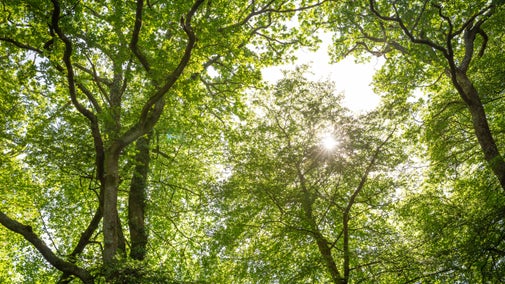Durham City Green Corridor
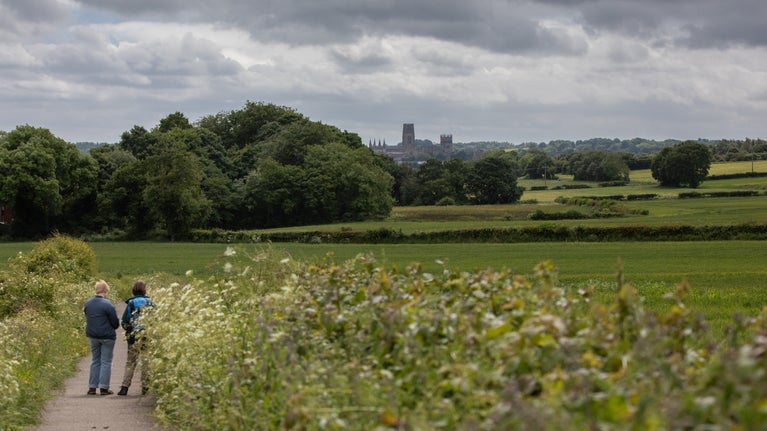
Jump to
Durham is a place where nature, culture and heritage are inextricably linked. We want to make it easier for people to reconnect. With nature. With the city. With each other.
With eight out of ten of us currently living in towns and cities, urban green spaces play an important part of everyday life. They provide people with spaces to relax, connect with nature, exercise, and play. They create a sense of place and, if well managed, contribute to overall quality of life. Green spaces can help us fight climate change, help clean the air and provide habitats for wildlife.
Our lives are overcrowded, over-excited, over-strained. We all want quiet. We all want beauty. We all need space.
What is the Durham City Green Corridor?
Green corridors can help enhance and improve biodiversity, connectivity, climate resilience, health and community wellbeing.
The National Trust is aiming to create 20 green corridors by 2030. From linear corridors to regional parks, every one is unique. We’re working directly with local communities to ensure that corridors offer people the freedom to access nature-rich outdoor space in a way that works best for them.
Since 2022, we’ve been working in partnership with Durham County Council to enhance the natural environment within the Durham City Green Corridor, aiming to create a nature-rich and accessible corridor, connecting urban communities with countryside along the River Wear.
Where is the Durham City Green Corridor?
The Durham City Green Corridor stretches along approximately 10.5km (6.5 miles) of the River Wear, northeast from the edge of the city near Crook Hall Gardens. It covers just over 1,000 hectares (around 2,470 acres or 3.9 square miles) of green and blue space including Brasside Ponds, Low Newton Junction Nature Reserve and Cocken Woods, and features heritage sites such as Finchale Priory.
Tranquil landscapes can be found just a few minutes’ walk, run or cycle ride from Crook Hall Gardens, along Frankland Lane.
For a virtual tour of the green corridor, explore this interactive mapto find bird's eye panoramas, immersive views of key access points and lots of information about places to visit.
You can also get to know the green corridor and its wildlife on a guided walk. Head to our what’s on page for upcoming dates and other events.
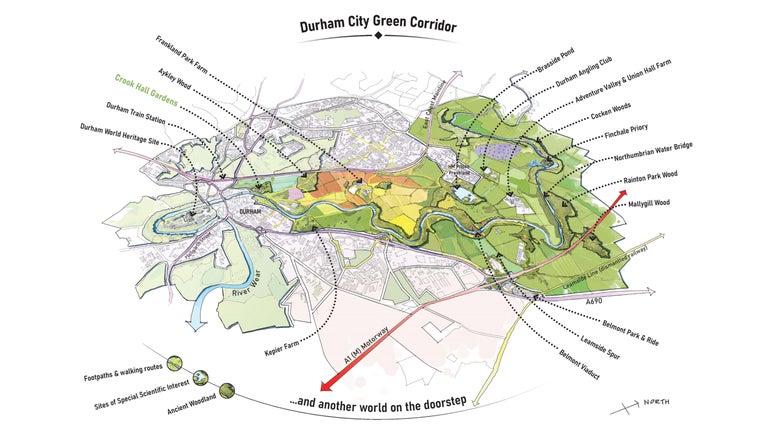
The story so far
Since 2022, the National Trust and Durham County Council have been developing the project’s vision, ambition and outcomes. Following extensive stakeholder engagement in 2024, three groups were formed, working on the following shared outcomes:
- People are healthier and have improved wellbeing
- People feel more connected to nature
- Biodiversity is improved
- People act for climate
- People have a strong understanding of the community’s shared cultural heritage
- People in the city are more connected
We have also been working to make improvements in the green corridor and test and trial activities for local communities.
What's been happening?
Next steps
In spring 2025, Durham City Green Corridor joined the Tyne Derwent Way in Gateshead, and South Tees Green Corridor, to form Green Corridors North East, a successful bid for funding from the Arts and Humanities Research Council (AHRC) Mission Fund.
The pioneering £3m project is one of the first of its kind in the country, piloting a new approach that emphasises inclusive teamwork over leadership by an individual researcher. A team from Newcastle, Northumbria, Durham and Teesside universities, the National Trust, local authorities and community organisations aims to connect city and town dwellers with nature, history, and culture, increase biodiversity and improve wellbeing.
Together, the three routes will develop new co-created research practices and initiatives that it’s hoped will have a huge impact, not only for North East people and nature, but on the regeneration of green corridors in the UK and beyond.
Contact us
If you have any questions about Durham City Green Corridor, or you'd like to share your thoughts please email durhamcitygreencorridor@nationaltrust.org.uk
You might also be interested in
Things to do in Crook Hall Gardens
Wander through a series of interlinked gardens, each with its own character. Find out all the things to see and do here.

Tyne Derwent Way
Explore Gateshead's green getaway - a riverside route celebrating heritage, culture, people and wildlife.
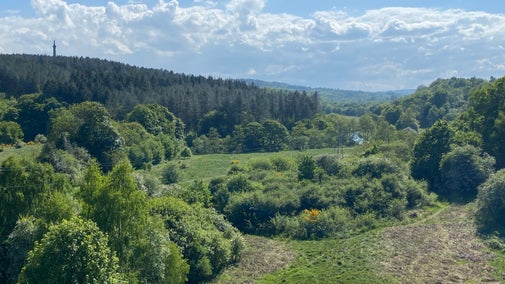
Addressing unequal access to nature, beauty and history in urban places
Find out how we're addressing unequal access to nature, beauty and history and supporting urban areas in managing their heritage and green spaces.
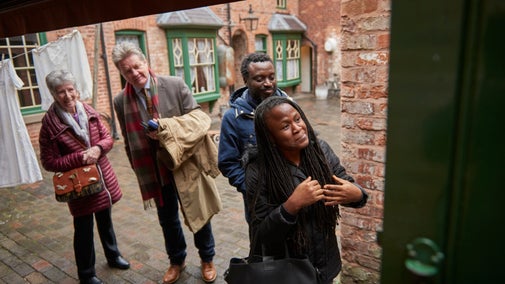
North East Green Corridors
Discover more about the pioneering project to create three green corridors in the North East (Newcastle University press release).
